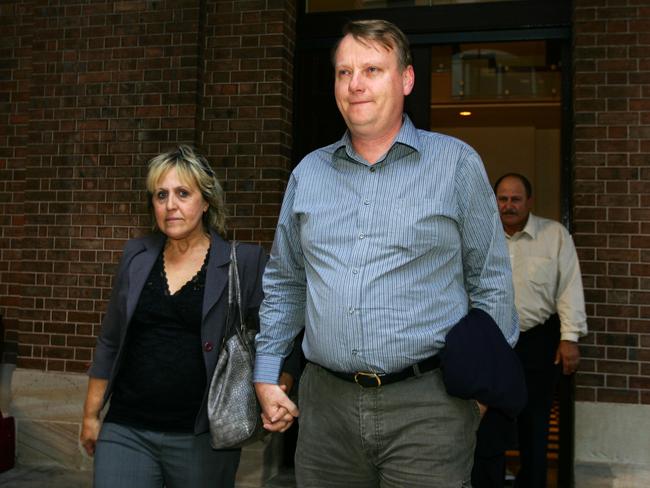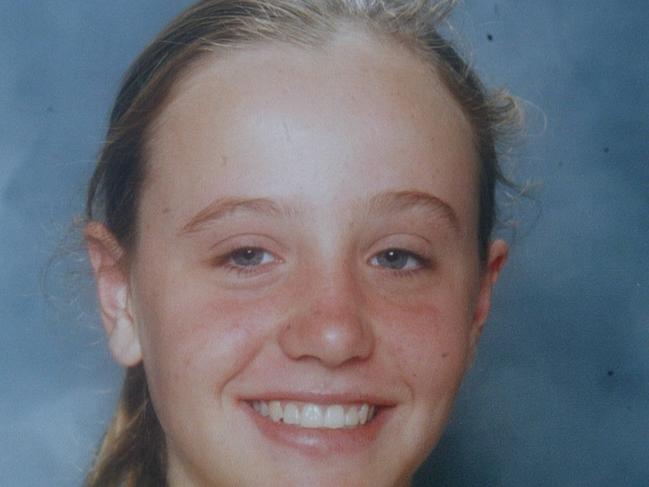Murdered schoolgirl’s family begs to publish name of ‘silent’ killer to stop more stabbings
The parents of murdered schoolgirl Tania Burgess are terrified of what will happen when their beloved daughter’s killer is released from prison.
Behind the Scenes
Don't miss out on the headlines from Behind the Scenes. Followed categories will be added to My News.
The family of murdered schoolgirl Tania Burgess are renewing their bid to have their daughter’s killer named before he is released from prison.
Suppression orders currently prevent the offender, who can be known only by initials ‘DL’ from being identified because he was a minor when he stabbed 15-year-old Tania 48 times as she walked home from school on the NSW Central Coast in 2005. However, he is now in his early 30s, and the Burgess family believe he – and other violent juvenile offenders – should be identified once they reach adulthood to protect the community.
“We’re running out of time to get this done,” said Tania’s mother Mandy Burgess.
DL’s final opportunity for parole is in May; should that be denied he will be released without parole supervision on the expiry of his sentence in July, 2023.
“If he gets out and he hurts someone else I won’t be able to breathe. His name can never be told on a radio station, or the TV or a newspaper so he’s got total anonymity,” she said.

Mrs Burgess and her partner Chris have an active Change.org petition with more than 130,000 signatures of support for their quest to get NSW legislation amended so that some juvenile offenders can be named.
The Burgess family request that the Children (Criminal Proceedings) Act 1987 be changed so that ‘serious juvenile offenders’, whose crimes have earned prison sentences of 10 years or more, are identified upon conviction except in special circumstances
“The petition is really important to us for the safety of the community and for the public to be made aware of these horrible crimes before these people are released. Once they’re released it’s too late,” Mrs Burgess said.

“Especially in our case, he’s never admitted any guilt. Without his name being out there he’s unidentifiable outside [to the public] and inside [to himself]. He’s just gotten away with it,” she said.
DL was initially sentenced to a maximum of 22 years – the longest term ever given to a juvenile at the time – but on appeal had his sentence reduced by four years on the basis of a legal error.
“He’s never shown any remorse and as far as I am aware he hasn’t even done the courses that qualify him for classification for day release. So if he goes out in the public he’s virtually being let loose,” she said.


